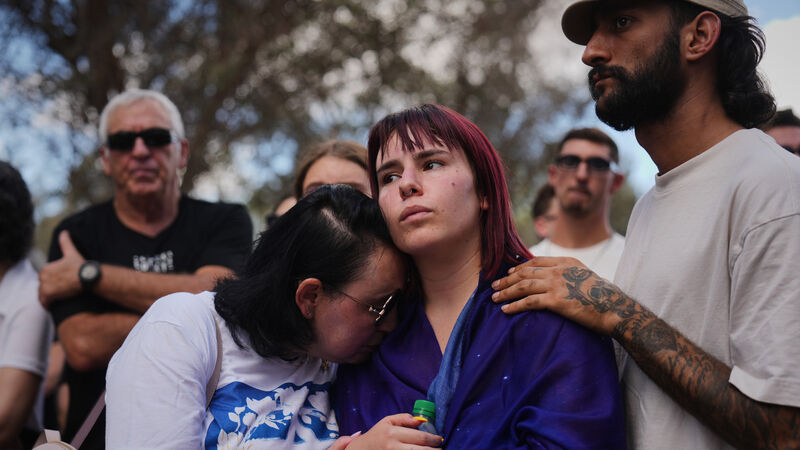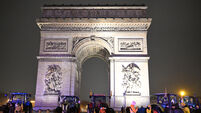Thousands of Israelis mourn victims two years on from Hamas attack

Thousands of people have converged on southern Israel to mourn the dead as the nation marked two years since Hamas’s October 7 attack while Israeli and Hamas officials continue to hold indirect talks in Egypt.
The main memorial is being organised by the bereaved families, separate from a ceremony the government will hold on the anniversary next week according to the Hebrew calendar.














